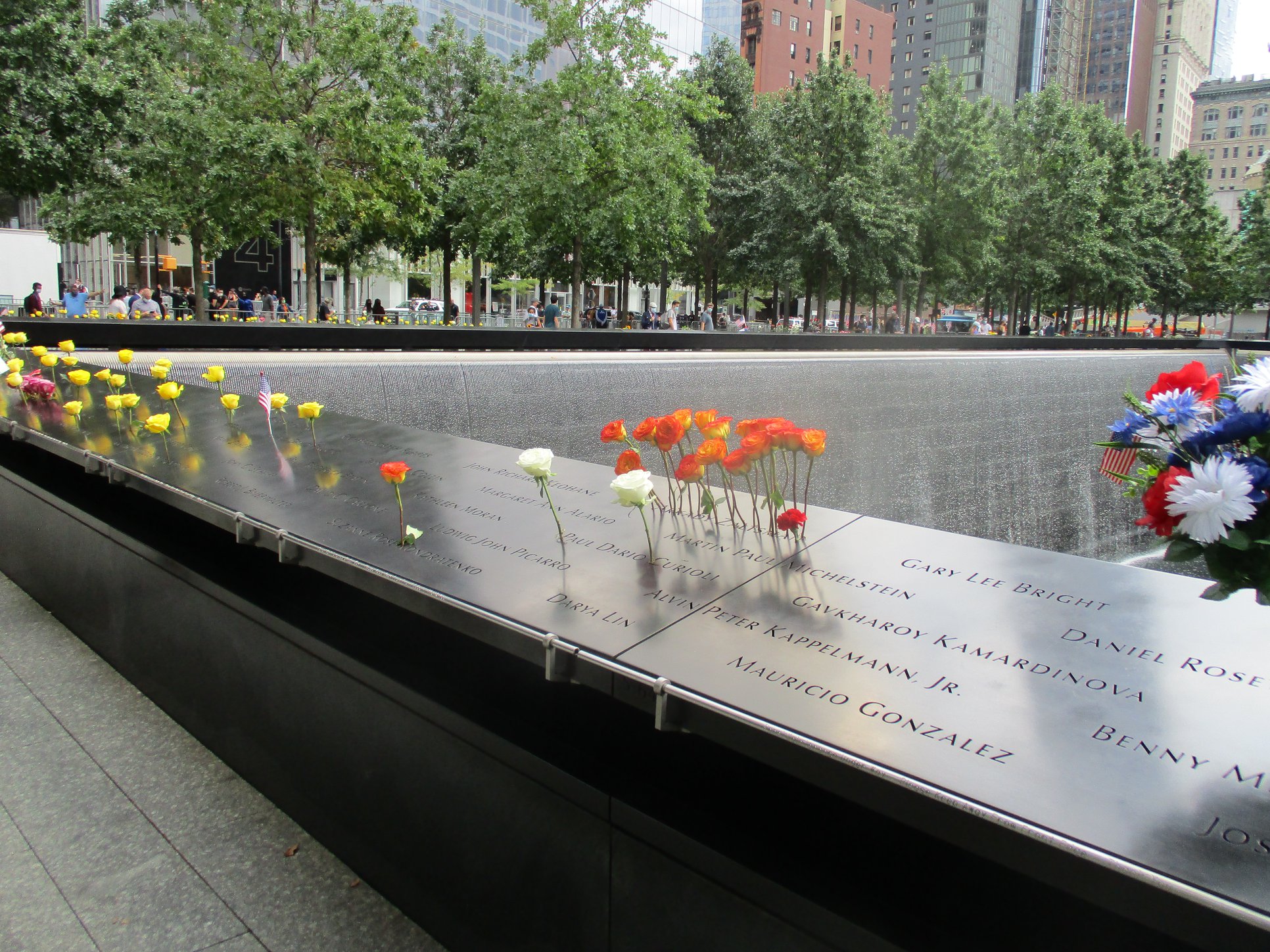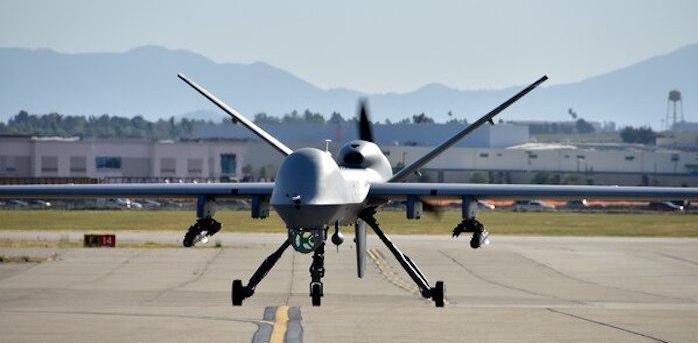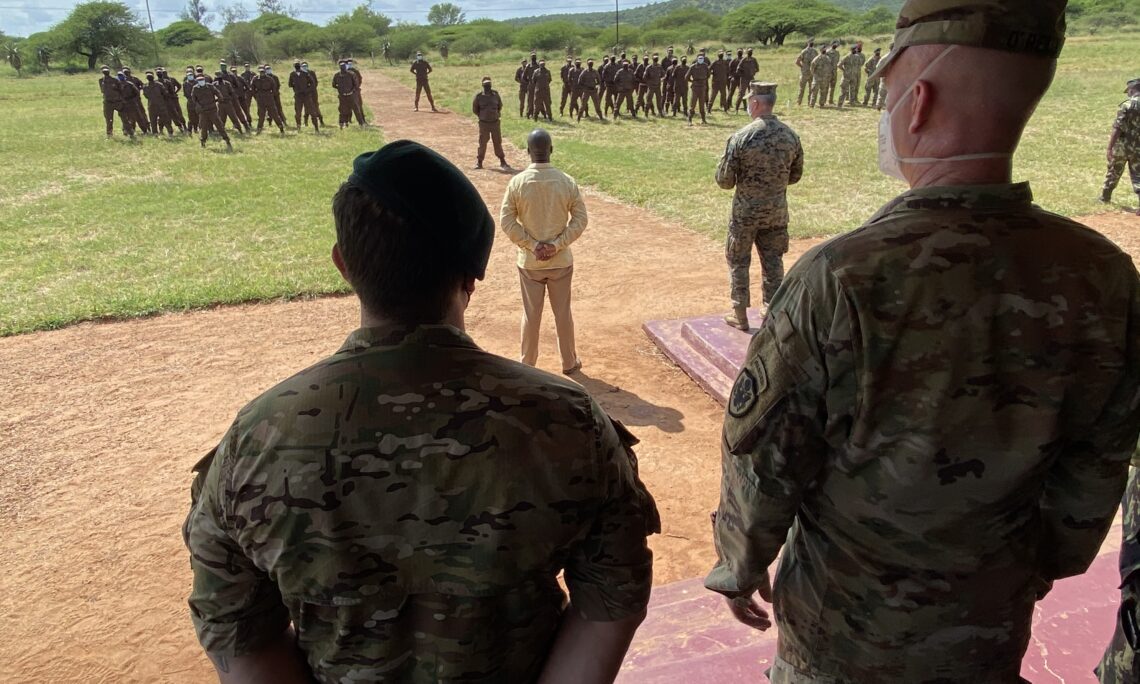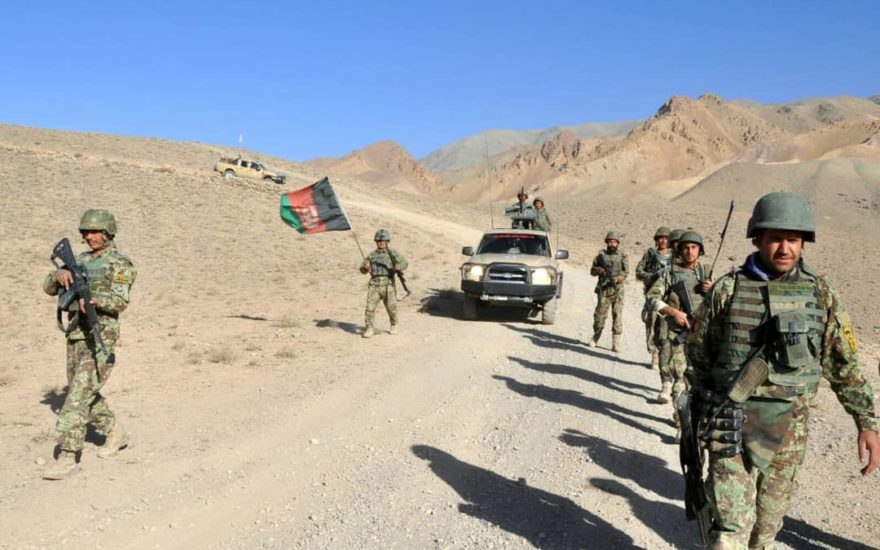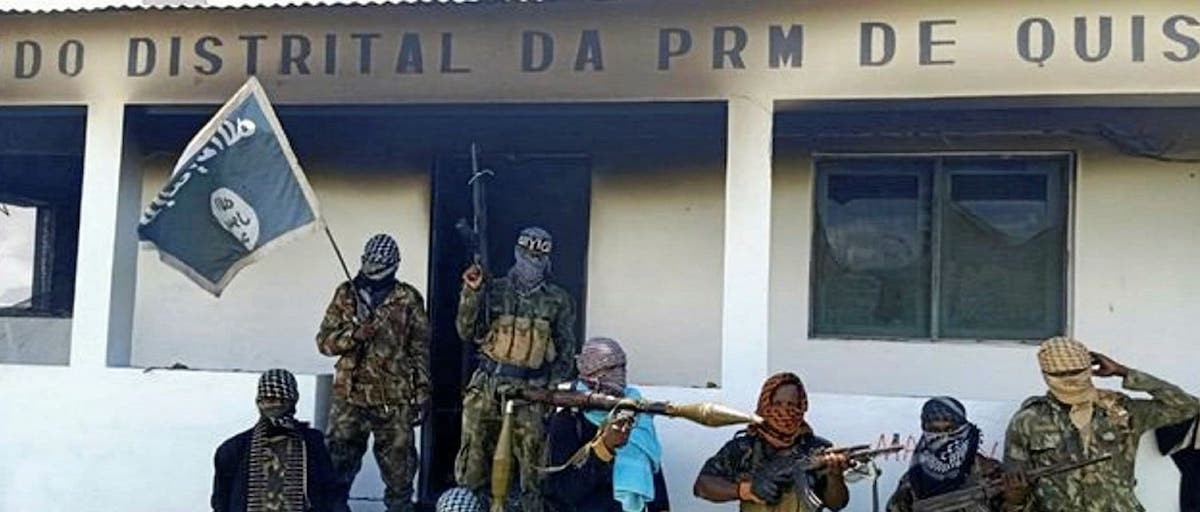Colombia: inactive guerillas join active paras off US terror list
The US State Department announced that Colombia’s disbanded FARC guerilla army has been removed from the list of “Foreign Terrorist Organizations.” The statement acknowledged that the FARC “no longer exists as a unified organization.” In fact, the de-listing came on the fifth anniversary of the peace agreement under which the FARC agreed to demobilize. However, the right-wing paramilitary groups now active across the country are still not listed by the State Department. These paramilitary forces are overwhelmingly behind the ongoing campaign of assassinations of social leaders across Colombia. (Photo via Contagio Radio)



